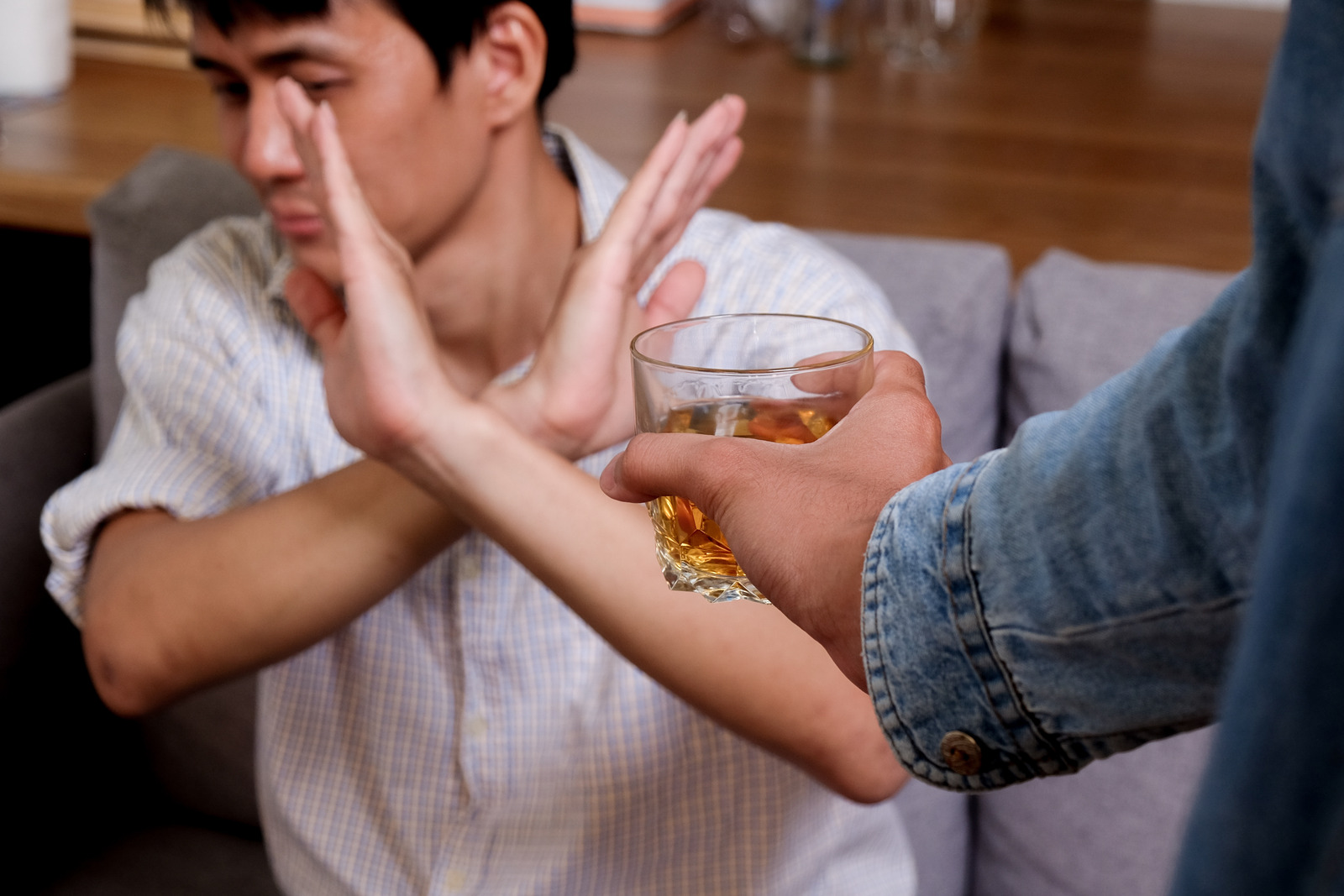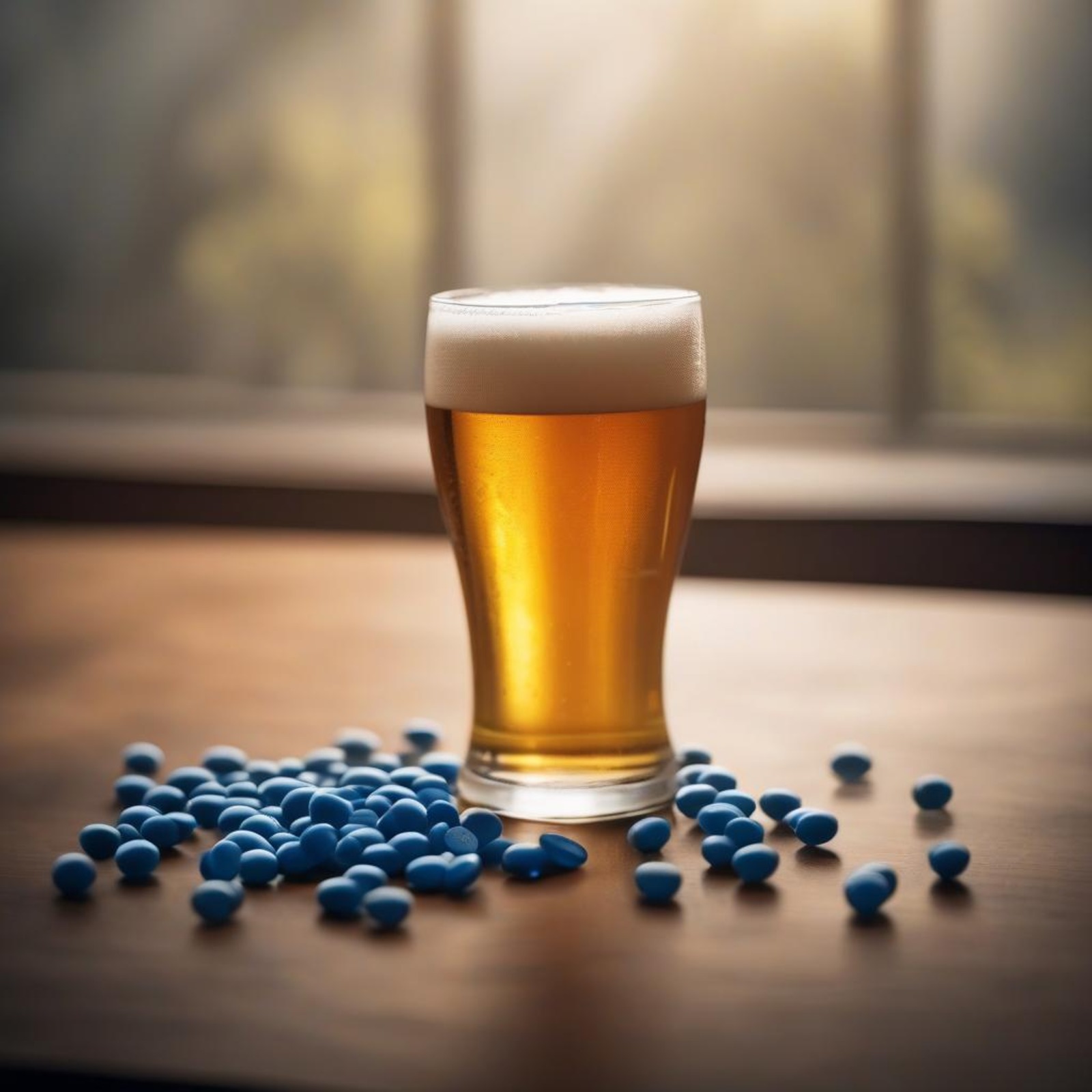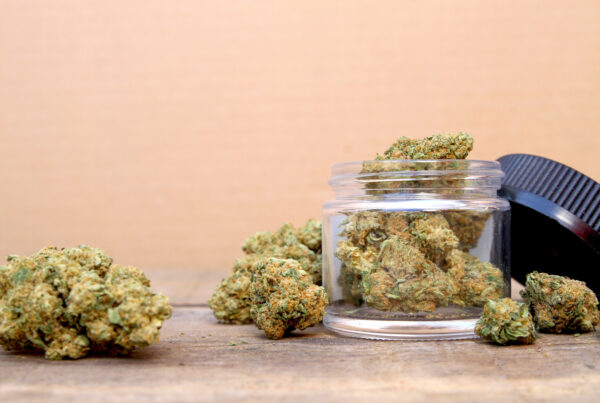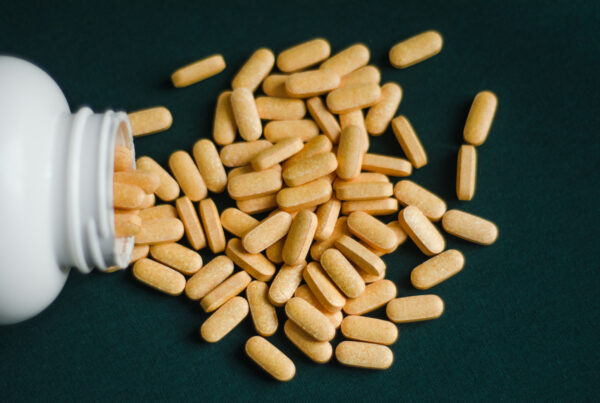Table of Contents
Key Points
- Adderall is a stimulant medication used to treat the symptoms of ADHD.
- Adderall can have potentially dangerous effects when mixed with alcohol or other substances.
- Even with a valid prescription, you should never combine Adderall with alcohol.
- Mixing Adderall with other drugs, including other prescription and over-the-counter drugs, can be dangerous.
Adderall is a stimulant medication that’s prescribed to treat attention deficit hyperactivity disorder (ADHD). This drug works to improve alertness and attentiveness, but it has risks and potentially dangerous drug interactions.
Find out what you need to know about Adderall and alcohol interaction, the possible risks, and how to take Adderall safely.
What Is Adderall?
Adderall is a central nervous system (CNS) stimulant drug that may be prescribed to treat ADHD and narcolepsy. It’s a combination medication that includes both amphetamine and dextroamphetamine, which work together to improve executive function and cognition.
While Adderall is a generally safe medication with valid medical uses, it’s commonly misused for recreational purposes. Based on the results of the 2021 National Survey on Drug Use and Health, 3.7 million people (12 and older) misused prescription stimulants like Adderall in the past year.[1] Adderall misuse can mean taking Adderall in other ways than prescribed, such as taking it as a study aid for all-night study sessions, taking it to get euphoria, or abusing a prescription that is intended for someone else.
Adderall and Alcohol Interaction
Polysubstance use is combining two or more substances, which can happen intentionally or unintentionally.
For example, someone may mix Adderall with alcohol because they aren’t aware of the potential risks and assume a prescription medication is safe to combine with a legal substance.
However, Adderall may be mixed with alcohol because someone believes the effects of these substances will offset each other. Otherwise, people may mix Adderall with alcohol or other substances while knowing the risks.
Though they’re both legal, Adderall and alcohol shouldn’t be mixed. Adderall is a stimulant drug, and alcohol is a depressant. Combining two drugs with opposite effects can be especially dangerous, as they may mask each other’s effects or become more potent than they would be on their own.[2] When you mix them, you could end up drinking more alcohol than you should because you can’t feel the effects.
There are other Adderall and alcohol risks as well, including cardiovascular problems, respiratory infections, dehydration, hyperthermia, kidney failure, heart failure, and overdose. Under the influence of both substances, you may make risky decisions that you wouldn’t otherwise, such as engaging in unsafe sex or driving a car.
Some people are at a higher risk of dangerous interactions and complications when mixing substances like Adderall and alcohol. This includes older adults who may metabolize substances more slowly, potentially leading to increased effects and risks of interactions. Women might also experience different effects due to variations in body composition and hormone levels, affecting how alcohol is metabolized. Additionally, individuals with liver issues are particularly at risk as their ability to process medications and alcohol can be significantly impaired, increasing the likelihood of adverse reactions and intoxication. In any of these cases, alcohol can build up in the body and may be more likely to interact with Adderall.
Adderall and Alcohol Overdose
When alcohol and Adderall are combined, it may be easier to reach overdose or alcohol poisoning. The symptoms of Adderall overdose may include:[3]
- Irregular heartbeat
- High blood pressure
- Agitation
- Confusion
- Panic
- Aggression
- Rapid breathing
- High blood pressure
- Abdominal cramps
- Vomiting
- Nausea
The symptoms of alcohol poisoning may include:[4]
- Slow breathing
- Slow heart rate
- Bluish skin
- Vomiting
- Confusion
- Seizures
- Coma
- Death
If you suspect someone is experiencing an overdose or alcohol poisoning, call 911. It’s possible to reverse an overdose with prompt medical attention.
Alcohol and Adderall Safety
 Adderall and alcohol should never be mixed, even at low doses. It’s possible to have dangerous and unpredictable effects when you mix Adderall with any amount of alcohol, such as an overdose or heart attack.
Adderall and alcohol should never be mixed, even at low doses. It’s possible to have dangerous and unpredictable effects when you mix Adderall with any amount of alcohol, such as an overdose or heart attack.
While you may know how Adderall and alcohol affect you individually, there’s no predicting the way you’ll respond to them together. Avoid drinking any alcoholic beverages while you’re taking an Adderall prescription unless your doctor says it’s safe.
Keep in mind that it may not be safe to drink immediately after you stop taking Adderall, either. The drug takes some time to clear your system, which can vary from person to person based on factors like how long you’ve been taking it, your dosage, your age, and your weight.
Immediate-release Adderall can be effective for about 4 to 6 hours, but extended-release Adderall can be effective for up to 12 hours.[3] It’s best to talk to your doctor or pharmacist about when you can drink alcohol again after stopping Adderall.
Taking Adderall at high doses or for long periods can lead to dependence, which is when your body adjusts to the presence of a drug and needs it to function properly. If you stop taking Adderall abruptly, it can cause intense withdrawal symptoms like sleepiness, depression, and slowed muscle movements. Ask your doctor about how to quit taking Adderall safely.
The risk of Adderall dependence and withdrawal is increased if you take Adderall at a higher dose or more frequently than prescribed. Don’t take medications that aren’t yours, as you may have medical factors that can influence how this drug affects you.
If you’ve mixed Adderall with alcohol, accidentally or otherwise, seek medical attention. Though there may not be adverse effects, a potentially dangerous interaction can occur anytime as they build up in your system.
Adderall, Alcohol, and Polysubstance Addiction
Adderall and alcohol have a potential for abuse and addiction. If you combine the two or combine Adderall with any other substances, this is known as polysubstance abuse, which increases the risk of an addiction.
An addiction is a compulsive need to use a substance despite negative consequences, including health problems. When this occurs, it can be difficult to break the addiction and to avoid mixing Adderall and alcohol.
If you’re misusing Adderall and alcohol or any other substances, it’s crucial to get treatment. Adderall can cause unpleasant withdrawal symptoms if you stop suddenly, and you should never quit alcohol “cold turkey.” Doing so can have life-threatening complications like seizures.
Because of this, addiction treatment usually begins with a medical detox. This provides a safe environment with medical supervision to manage the symptoms of withdrawal and minimize the risk of serious complications. Detox with Adderall may include a taper schedule to wean yourself off the drug under the guidance of a doctor.
Detox provides a strong foundation for addiction treatment with an inpatient or outpatient program. While the specific treatments will be based on your unique circumstances, rehab often includes therapies like individual counseling, group counseling, and behavioral therapies to address the underlying causes of addiction.
Treating Addiction to Adderall and Alcohol
Mixing alcohol and Adderall can be dangerous and may lead to serious complications like a heart attack or overdose. If you or a loved one is using Adderall and alcohol together, it’s crucial to seek help and prevent potentially lethal complications or withdrawal.
Frequently Asked Questions
The Heights Treatment Editorial Guidelines
There is a vast amount of misinformation online especially as it relates to health & wellness. We have made it our mission at The Heights Treatment to provide accurate, medically sound content that has been medically reviewed by a doctorate level clinician so that you can trust the information contained within our website.





